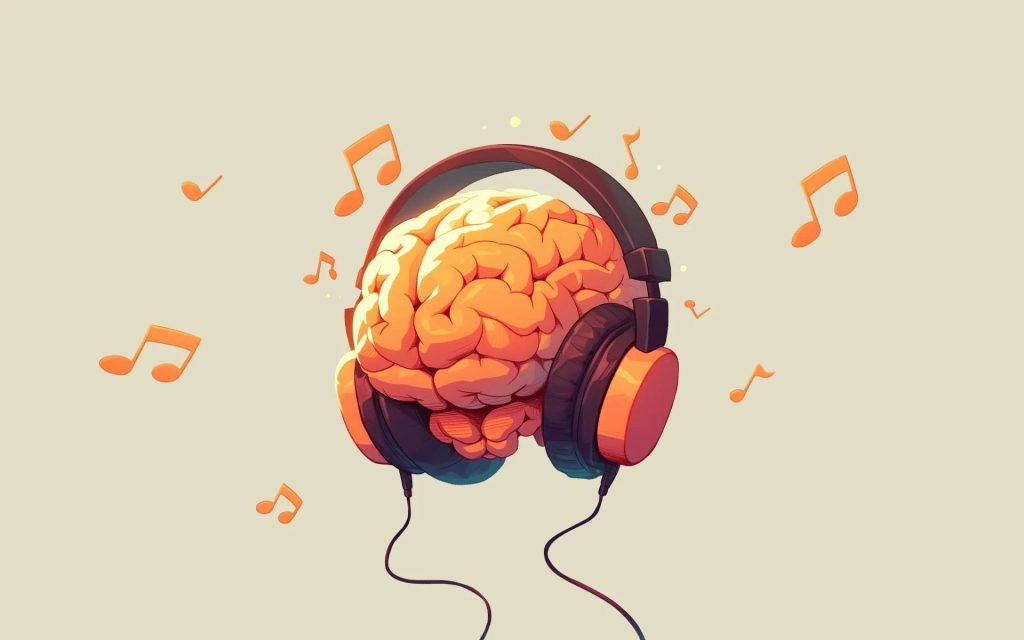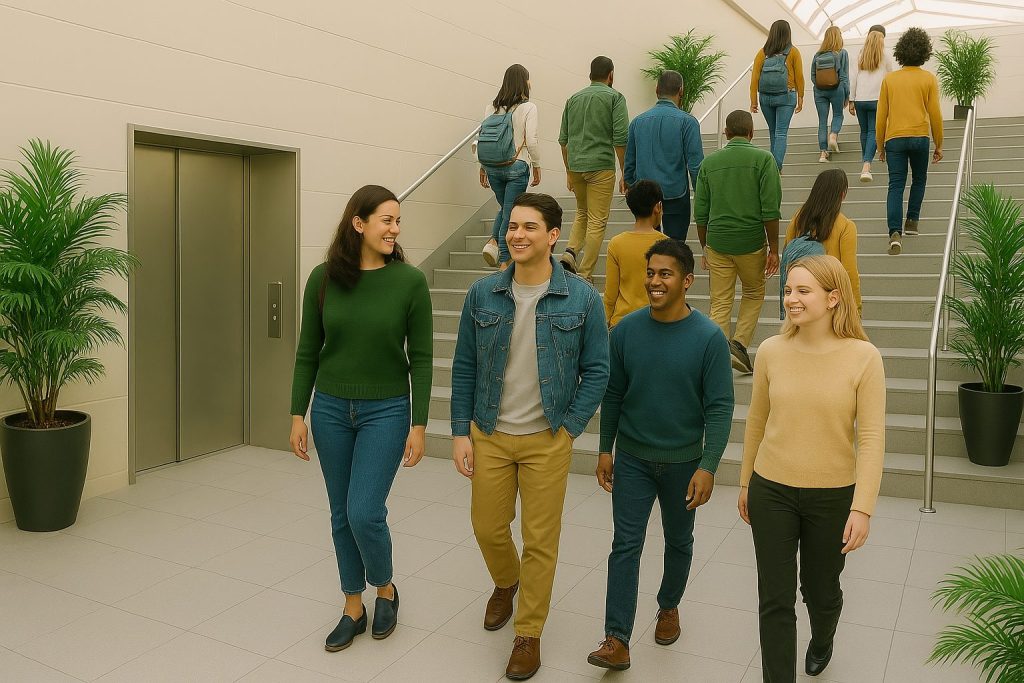Psychology students’ research studies: ongoing research

In Year 3, Psychology students undertake an independent academic research study, across two University of London modules.
How do the research studies work?
The first step of the research study is for students to complete the initial module, PL3030 Research Project 1: Foundation. From September to January, they dedicate themselves to researching and designing their independent research projects, adhering meticulously to practical and professional requirements as well as ethical standards. They should also secure approval from the UoL-KCL Research Ethics Committee. After that, their journey continues with PL3035 Research Project 2: Consolidation, which commences in February. During this phase, students utilise the methods and materials previously approved to collect data. Subsequently, they analyse and present their findings in the form of an original written report.
Discover our students’ research projects

Oleksandra Yepanova
This study investigates how language teachers at international high schools foster motivating learning environments for their students.
Oleksandra is looking for participants for a 30-60 minute online interview to share insights on classroom motivation. If you are a language teacher working at an international high school anywhere in the world, and wish to participate in Oleksandra’s study, you can reach out to her to express interest or ask any questions at [email protected]. Learn more here.

Simona Garabedyan
This study investigates whether listening to classical music can influence mental focus during a simple colour-naming task. Specifically, it explores how Mozart’s Piano Sonata K.448 affects performance on the Stroop Task—a psychological task measuring focus and thought control. Participants will complete the task twice: once with background music and once in silence, each lasting three minutes. The findings could have real-world implications in educational and workplace settings by improving thought performance.
The study is conducted entirely online and takes 8-10 minutes in total to complete. If you’re curious about how music might impact thinking and attention, you’re invited to take part. Learn more here.
Feel free to contact the researcher with any questions via the following email address: [email protected]

Pia Schmitz
Increasing daily physical activity—such as choosing stairs over elevators—can help reduce the risk of non-communicable diseases, a growing public health concern worldwide. As governments and organisations look for cost-effective ways to promote healthier behaviours without restricting individual choice, subtle environmental changes, or “nudges,” are gaining attention.
This study explores how different combinations of such nudges affect people’s intention to use stairs. By showing participants a series of digitally created indoor scenes and collecting their responses, the research aims to identify which combinations are most effective in increasing the appeal of stair use. The findings could inform future health-promoting design in public and workplace settings. Learn more here.
For further questions, you can reach out to the researcher via this email address: [email protected]

Marietta Isfort
Creativity is a vital skill for problem-solving and innovation—and how we approach creative tasks is deeply shaped by our individual thinking styles.
This study investigates how thinking style influences creativity.
The online study involves a short questionnaire and an alternative uses task where participants list alternative uses for everyday objects. It takes about 12 minutes to complete and aims to better understand how different thinking styles affect idea generation.
The findings could help shape more personalised approaches to creativity in education and the workplace.
The poster provides further details about the study as well as the the participation information sheet below.
For any questions, feel free to contact the researcher via this email address: [email protected]

Destinée Mbo
This study examines the relationship between multilingual speakers’ identity and the minority or heritage languages they know. Minority languages are underrepresented or spoken by less than 50% of the population in a region, while heritage languages can be immigrant, Indigenous, or minority languages that are taught and used within families as part of their cultural heritage. The study seeks participants over 18 who know at least one heritage or minority language for a 45-minute online interview.
For further information, please consult the study poster or contact Destinée via [email protected] with any questions.

Marta León
This study explores whether the appearance of physically attractive models in fashion ads influences on perception of product desirability, with a specific focus on the Generation Z. Participants are exposed to 20 different images, with and without attractive models, and are asked to rate the desirability of the product that is being shown. It takes between 5-10 minutes to complete.
Further details can be found on the Participant Information Sheet here. If you have any additional questions, please feel free to contact Marta León at [email protected].

Naia Garcia Santos
This study explores the impact of positive emotions on memory, specifically examining how emotional valence (positive and neutral) influences the recall of gist versus detailed information in visual scenes. This research explores basic cognitive processes of perception, encoding, and recall by investigating how the emotional valence (neutral and positive) of visual stimuli (movie scenes) affects the memory of gist (overall idea) vs. detailed information. The study is looking for participants fluent in English between 18 and 65 years of age.
The experiment consists of watching a couple of film clips and answering some questions, taking around 15 minutes to complete.
Both the poster and the Participant Information Sheet below provide further details. If you have any additional questions or would like to know more about the study, please contact Naia Garcia Santos at [email protected].